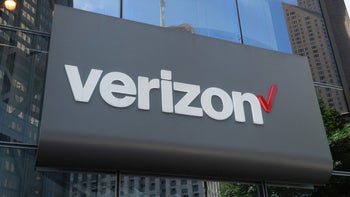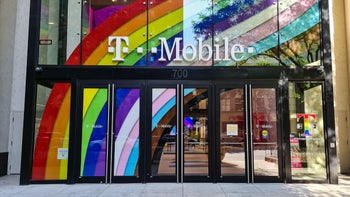T-Mobile and Starlink break new ground, accomplishing what no wireless operator has been able to

T-Mobile and SpaceX have announced that they sent and received a wireless emergency alert (WEA) via satellite in the US for the first time ever.
T-Mobile carried out a mock exercise for a hypothetical evacuation notice by sending an alert 217 miles into space where one of Starlink's 175 direct-to-smartphone satellites received it. The alert was then broadcast to an area affected by the hypothetical evacuation notice and received by a T-Mobile phone.
Emergency operators only required a few seconds to line up the emergency message and send it to users on the ground using Starlink satellites.
This demonstrates the importance of satellite-to-smartphone technology, which can prove to be critical during catastrophic events such as hurricanes and tornadoes in the 500,000 square miles of sparsely populated land across the US which is currently unreachable by cell towers in the country.
T-Mobile is not keeping this life-saving service for its own customers and has said that it will also work for customers of other wireless service providers during emergencies.
In the past, a lack of coverage has proven detrimental to rescue operations during emergencies.
T-Mobile and Starlink aim to bring satellite texting to the former's customers before the end of the year. Starlink founder Elon Musk has expressed his intention to partner with other carriers in the future, but initially, satellite-based texting, calling, and internet connectivity will be exclusive to T-Mobile users.
Starlink has over 175 direct-to-smartphone satellites in the low-earth orbit and testing is underway for the satellite-to-smartphone service. Over the coming months, even more satellites will be launched into space to expand wireless coverage in the country.
The commercial rollout of T-Mobile's direct-to-cell service will begin with a beta test, the company revealed today.
T-Mobile carried out a mock exercise for a hypothetical evacuation notice by sending an alert 217 miles into space where one of Starlink's 175 direct-to-smartphone satellites received it. The alert was then broadcast to an area affected by the hypothetical evacuation notice and received by a T-Mobile phone.
Emergency operators only required a few seconds to line up the emergency message and send it to users on the ground using Starlink satellites.
This demonstrates the importance of satellite-to-smartphone technology, which can prove to be critical during catastrophic events such as hurricanes and tornadoes in the 500,000 square miles of sparsely populated land across the US which is currently unreachable by cell towers in the country.
In the past, a lack of coverage has proven detrimental to rescue operations during emergencies.
T-Mobile and Starlink aim to bring satellite texting to the former's customers before the end of the year. Starlink founder Elon Musk has expressed his intention to partner with other carriers in the future, but initially, satellite-based texting, calling, and internet connectivity will be exclusive to T-Mobile users.
Starlink has over 175 direct-to-smartphone satellites in the low-earth orbit and testing is underway for the satellite-to-smartphone service. Over the coming months, even more satellites will be launched into space to expand wireless coverage in the country.
The rollout will be contingent on the Federal Communications Commission's approval for a relaxed out-of-band power flux-density (“PFD”) limit, without which deployment might not be possible.
Follow us on Google News













Things that are NOT allowed:
To help keep our community safe and free from spam, we apply temporary limits to newly created accounts: